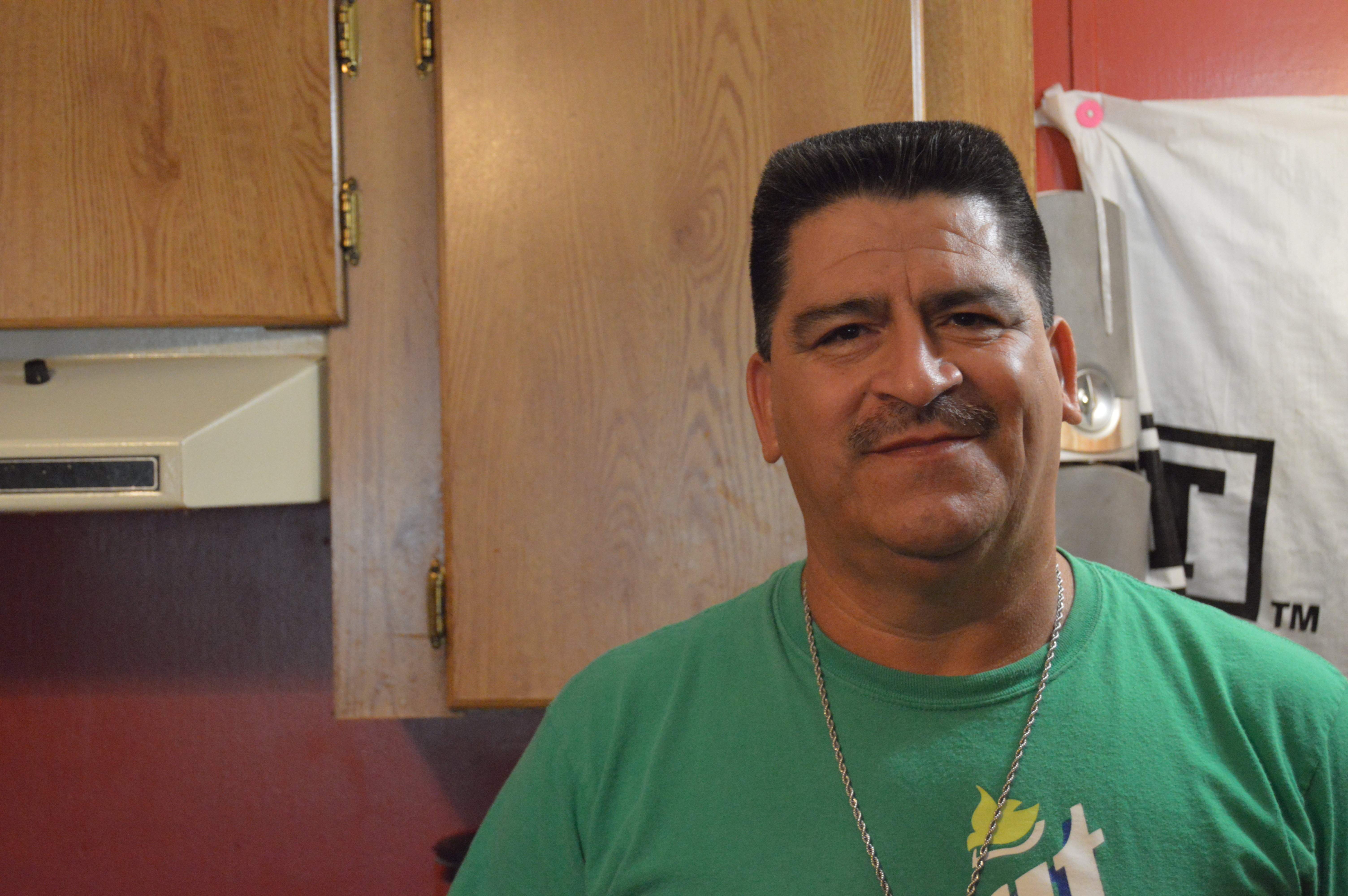Chronic Illness News and Updates
Diabetes and Stress: Reimagining Health Education Intervention Strategies
Traditional health education strategies used to prevent and treat diabetes can be reimagined to account for distress.
Blog Topics
New Hypertension and Diabetes Resources for CHW Programs
Several new resources for Community Health Workers are now available on MHP Salud’s Resource Portfolio. These tools highlight and promote the CHW model’s role in addressing and preventing some of the most prevalent health conditions in our communities.
These Community Health Worker Program Models Lower Patient Medical Costs
An analysis by the Connecticut Health Foundation has found that Connecticut healthcare organizations can improve patient health and save money by implementing community health worker programs.
One Family’s Journey in Health
At a doctor’s appointment, Catarino Velazco got some frightening news. In addition to a diabetes diagnosis, Catarino’s doctor told him his blood sugar had risen dangerously high. In a translated interview, Catarino admitted his first response was shock.
“When they told me that my blood sugar had spiked,” he said, “I thought ‘How did that happen? It couldn’t happen to me, right?’” His doctor prescribed him some medication to control his blood sugar and recommended that he start attending Salud y Vida (Health and Life) classes led by MHP Salud.





